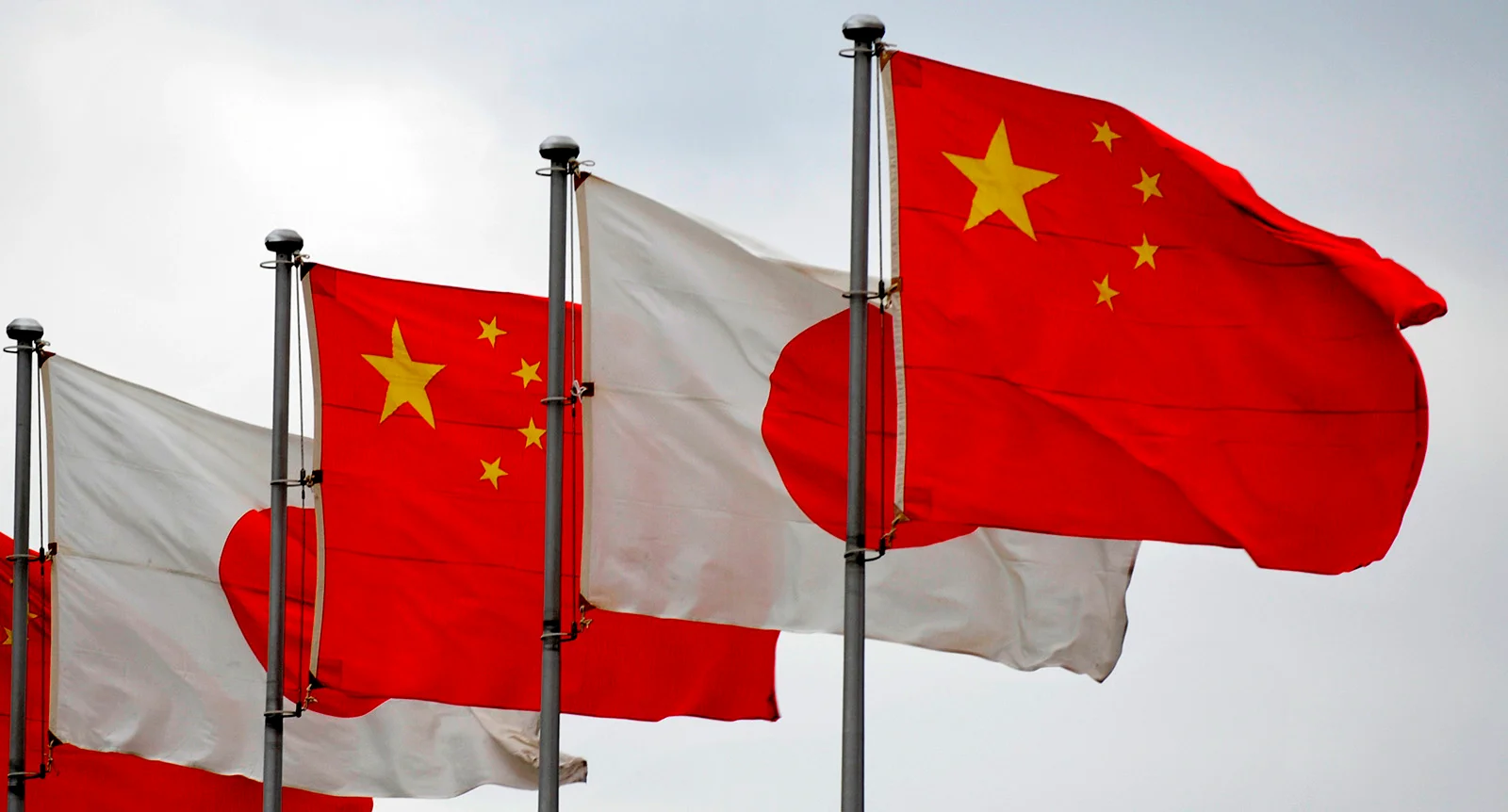- News >
- Japan Hesitant as China Proposes Mutual Visa-Free Travel After COVID
Japan Hesitant as China Proposes Mutual Visa-Free Travel After COVID

In a recent move to enhance international relations and ease travel restrictions, the Chinese government has proposed a mutual visa agreement with Japan. This proposal, aimed at establishing visa-free travel for holders of Chinese diplomatic and official passports, mirrors the pre-COVID-19 arrangement that allowed Japanese short-term travellers to enter China without a visa.
Historically, China had offered a visa exemption to Japanese nationals for short stays, a policy in effect from 2003 until 2020, which allowed visits of up to 15 days without a visa requirement. In contrast, Japan has consistently required visas for all Chinese visitors, regardless of the duration of their stay.
This new initiative by China, seen as a significant diplomatic gesture, previously included a demand for a similar visa-free privilege for Chinese short-term visitors to Japan. It represents an effort to restore some of the ease of travel before the pandemic.
Japan’s Reaction to China’s Visa-Free Travel Exemption

The Japanese government, however, faces internal challenges in accepting this proposal. Conservative members within the government are reportedly hesitant about agreeing to such reciprocal visa arrangements, according to a source within the Japanese government.
Japan permits visa-free entry for diplomatic and official passport holders from 60 countries, with China not included in this list. Moreover, Japan has visa exemption policies for short-term travellers from 70 countries and regions, including Hong Kong, Taiwan, South Korea, Indonesia, the United States, Brazil, and Britain.
Latest Chinese Visa-Free Policies

After lifting COVID-19-related travel restrictions, China reinstated its unilateral visa-free policy for short-term visitors from Brunei and Singapore in July of the previous year. In a further step towards easing travel restrictions, China and Singapore announced plans in December for mutual visa exemption arrangements expected to commence in early 2024.
Additionally, in December, China introduced a trial visa-free entry policy for nationals of several European countries, including France, Germany, Italy, the Netherlands, Spain, and Malaysia. This policy allows stays of up to 15 days and is set to be reevaluated in November 2024.
Chinese Offer Visa-Free Entry to Europeans

In a recent development, Chinese Premier Li Qiang, during a visit to Europe, announced that nationals from Ireland and Switzerland would also be granted visa-free entry into China. Mao Ning, a spokesperson for the Foreign Ministry, elaborated on this policy change, highlighting it as a step towards facilitating high-level international exchanges and openness. This inclusion of Irish and Swiss nationals in China's visa-free policy extends the list of European countries already enjoying such privileges.
These evolving visa policies by China signify a strategic effort to foster international cooperation and ease global mobility in the post-pandemic era.
FAQs
What is the current status of Japan's response to China's proposal for mutual visa-free travel?
Japan has shown hesitation in response to China's recent proposal for mutual visa-free travel. This cautious stance reflects concerns over various aspects, such as security, immigration control, and the ongoing global health situation following COVID-19. Japan is carefully evaluating the implications of such an agreement on its national policies and international relations.
How would mutual visa-free travel between China and Japan benefit travellers from both countries?
Mutual visa-free travel between China and Japan would significantly ease the travel process for tourists and business travellers. It would eliminate the need for visa applications, reduce travel costs, and save time, encouraging more frequent and spontaneous travel. This arrangement is particularly beneficial for diplomatic passport holders and officials, who would experience streamlined travel arrangements and fewer bureaucratic hurdles.
What implications does the mutual visa-free proposal have on China-Japan bilateral relations?
The mutual visa-free travel proposal is a significant step in China-Japan bilateral relations. If implemented, it could mark a new era of diplomatic cooperation and mutual trust, potentially leading to more collaboration in trade, tourism, and cultural exchanges. It's an opportunity to strengthen ties post-COVID, showcasing a commitment to open dialogue and partnership between the two nations.
Has China extended similar visa-free entry proposals to other countries recently?
Yes, China has recently offered visa-free entry to nationals from several European countries. This initiative is part of China's broader strategy to enhance international relations and revive tourism after the COVID-19 pandemic. These visa policies reflect China's willingness to engage in more open and reciprocal travel arrangements with multiple countries.
What factors are influencing Japan's cautious approach to the visa exemption proposal?
Various factors influence Apan's cautious approach to the visa exemption proposal. These include concerns over national security, the management of immigration and border control in the post-COVID era, and the need to ensure that such a policy aligns with Japan's broader diplomatic and international strategies. Additionally, Japan is likely considering the economic impact, potential influx of travellers, and the readiness of its infrastructure to support increased travel.
How might the proposed visa-free agreement affect business and diplomatic relations between China and Japan?
The proposed visa-free agreement is poised to impact business and diplomatic relations between China and Japan positively. Simplifying travel procedures would facilitate smoother business transactions and diplomatic missions, encouraging more frequent and effective communication and collaboration. This could lead to enhanced economic ties, increased trade, and a stronger diplomatic rapport, contributing to regional stability and prosperity.
What are the potential challenges in implementing a mutual visa-free travel agreement?
Implementing a mutual visa-free travel agreement presents several challenges. These include ensuring adequate security measures to prevent illegal activities, managing increased traveller volumes, and addressing public health concerns in the wake of COVID-19. Additionally, aligning the visa policies with existing international commitments and domestic legal frameworks can be complex, requiring detailed negotiations and consensus-building.
